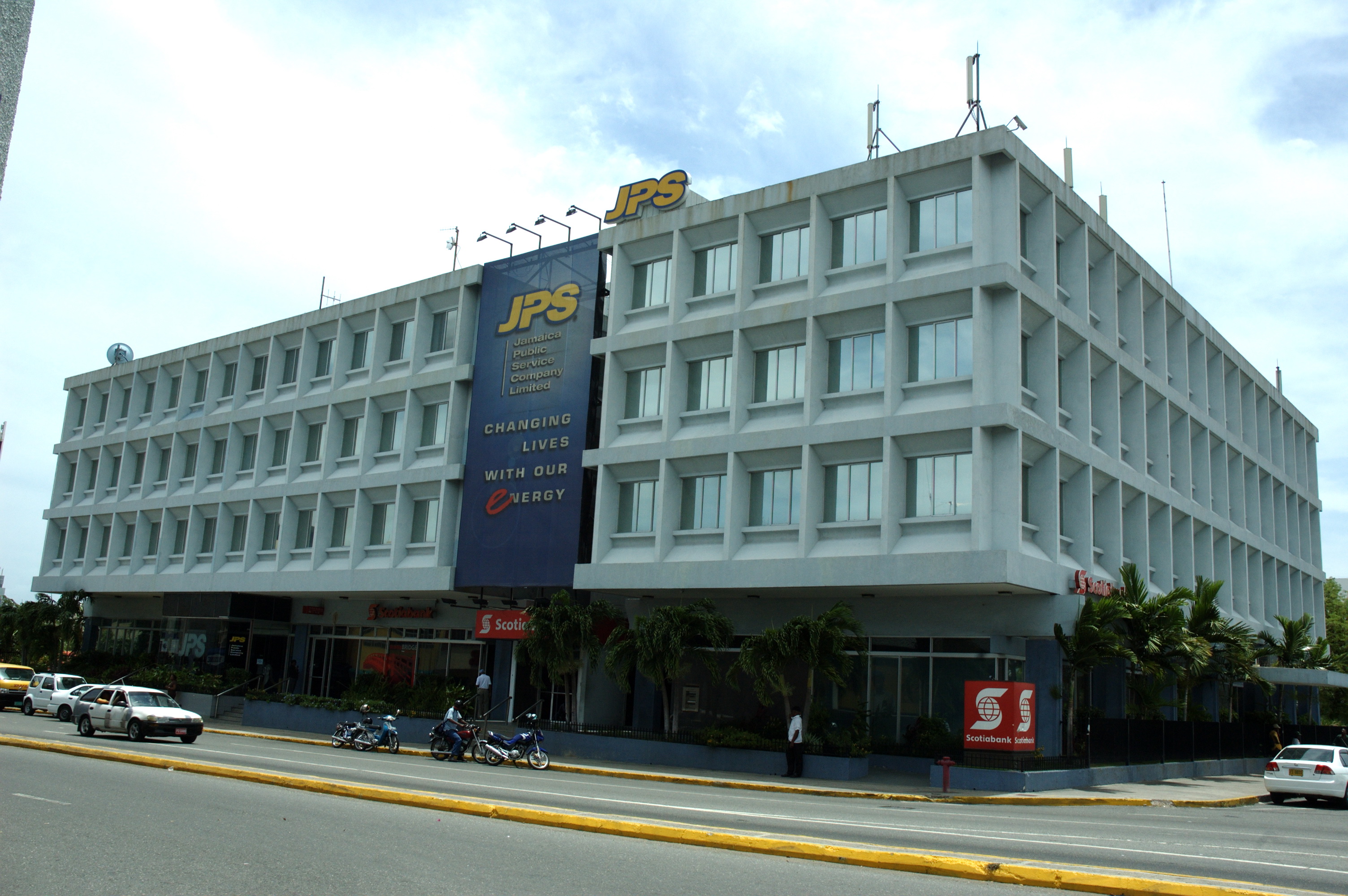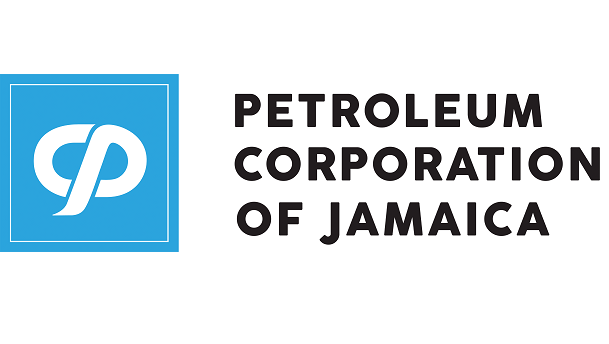
The ongoing conflict in Ukraine has underlined the importance of energy security, not just in Europe, but across the world. In a great island nation like Jamaica - which has historically relied on outsiders to provide its fossil fuels - this is doubly true. The company responsible for ensuring that Jamaicans can access safe abundant energy is the Jamaica Public Services Company (JPS), the subject of this article.
When Business Excellence last visited Jamaica Public Services Company in 2016, the company had a range of plans that it was to implement in the years ahead - among which was a doubling of the country’s renewable energy capacity. Business Excellence decided to return to Kingston, to see how the company had fared in the interim, and how its plans have evolved to create the challenges that have arisen since then.
Progress in Review
It’s no exaggeration to say that the company that Business Excellence returns to in 2022 is quite far removed from the one it encountered all those years ago. For one thing, its environment has changed in several ways. For example, the government approved its 5-year tariff review in JPS’s favour, enabling it to grow revenues from $712 million in 2016 to $973 million in 2021. This kind of financial growth in turn feeds into higher ambitions.
The results of this ambition can be seen in improved operating performance as well as more visible changes. For example, in 2021 the company’s average outage was around 25% lower than in 2016. JPS also completed its five-year program to convert 105,000 streetlights to LED, reducing streetlight bills by 16% in the process. The company’s internal processes have now almost all been moved to the cloud, reducing costs by as much as 40% in some instances.
Smarter Technology Usage
JPS’s presence on the cloud is indicative of a broader pivot at the company towards technology. Its MyJPS mobile application launched in November 2020 enables customers to track their energy usage, chat with JPS agents, report energy outages, and receive outage updates from their area. Less than 18 months after the launch of the app, JPS reported that it already had 312,000 active users - and around 40% of its customers had registered.
JPS is also using technology to model the supply and demand dynamics of its electricity. It leverages PLEXOS Cloud to obtain these insights in real-time. The PLEXOS system has also been incorporated into the MyJPS mobile application, providing customers with enhanced reporting. It also provides JPS engineers with easier geo-positioning and referencing of generation and transmission assets, which wasn’t possible with legacy solutions.
In a further sign of its commitment to technology, JPS is supporting Jamaica’s National Broadband Initiative by offering the use of its utility poles for the running of aerial fibre used for broadband provision. The aim of the National Initiative is to have every household in Jamaica connected to the internet by 2030. At the start of 2022, Kepios Analysis, a research firm, estimated that internet access among the population stood at 68%.
New Energy Assets
One thing that hasn’t changed since 2016: Reliable electricity provision remains the company’s focus. In December 2019, JPS commissioned a new 190 megawatt (MW) natural gas power station in Old Habour, St. Catherine - the most efficient fuel-burning power plant on the island to date. In total, the investment in the plant came to $315 million and represents a major step forward for Jamaica in terms of cleaner electricity solutions.
In 2019, the company generated a stir in the energy storage world when it delivered a 24.5MW hybrid energy storage system, comprised of a lithium-ion battery energy storage system (BESS) as well as high-speed and low-speed flywheels, located next to one of JPS’ substations. The energy storage system is part of a wider micro-grid project, which the company justifiably claims is a model for other countries in the region.
The company has also begun working with independent third-party energy providers (IPP) to speed up the country’s transition toward renewable energy. Agreements have already been signed with several independent providers, including Eight Rivers Energy Company (EREC), with whom JPS has entered into an agreement to purchase renewable energy for a period of 20 years. The agreement will give JPS usage of EREC’s $65 million 37MW Paradise Park solar park.
Socio-Economic Gains
The last time that Business Excellence featured JPS, its foundation had just received charity status. Since achieving that milestone, it has gone from strength to strength, focusing mainly on contributing to Jamaica’s Vision 2030. “A vision to enable Jamaica in becoming the preferred place of choice to live, work, raise families and do business”. And to achieve this, the goal is a continued emphasis on education, out-of-the-box innovation and importantly, the preservation of the environment.
The greatest manifestation of this is its annual Examination Fee Grant. In 2022, over 400 students studying science and technology in high schools received grants totaling over $1.5 million from JPS to cover their technical exam fees.
Elsewhere, the JPS Foundation engages students through its network of Energy Clubs in Schools, and through a science and engineering-focused Youth Forum.. Through an electric mobility partnership with the Inter-American Development Bank (IDB), the Foundation also hosted five interns from local universities, who supported the IDB Lab responsible for building a sustainable electric mobility ecosystem for Jamaica. JPS Foundation is building a Sustainable Electric Mobility Ecosystem for Inclusion and Access (BSEME).
Dionne Nugent, JPS’ Director for Business Development, stated. “The IDB/JPS Foundation electric mobility project will definitely support JPS’ plans to roll out public charging stations across the island. JPS recognizes that the charging infrastructure is an important part of the support system needed to drive the growth of e-mobility in Jamaica, and has been taking the initial steps to get this infrastructure in place.”
This IDB/JPS collaboration has also launched a Free Boot Camp for Entrepreneurs in Jamaica through its Rev Jamaica Brand. A project supports the growth of the electric mobility sector in Jamaica. The participating entrepreneurs will be equipped with the necessary tools to develop their business ideas for solutions to energy and transport-related problems. It will also expose them to business best practices by industry experts. The Rev Jamaica project will facilitate the training of 400 persons in electric vehicle maintenance and as first responders.”
Partners and Suppliers
JPS’ ongoing transition is being facilitated by a range of partners and suppliers that it can depend on when called upon. Jamaica’s close location to the United States means that it can call on local and US talent as the project requires. In terms of local partners, names include Petrojam Limited, fuel distributors; IMCA Jamaica Limited, machine equipment suppliers; and R. Dunkley & Associates, accounting and auditing.
On the US side, the partner list is an equally diverse range of corporates. They include Corrosion Control Incorporated, corrosion testing, analysis, and consulting; Precision Iceblast, dry ice blasting; Water & Power Technology, water, wastewater, and processing; Emerson Process Management, process management; and finally, ITT Goulds Pumps, Flowserve, and GE International Parts for the various technical parts and supplies required for JPS’ operations.
The Future
If an increasing quantity of extreme weather events has taught JPS’ leadership anything since our last feature on the company, it’s that its mission to propel Jamaica towards more sustainable energy is more important than ever. Their recognition of this importance is underlined by ongoing investments of almost $1 billion in renewable energy projects to be delivered over the coming five years.
The company has also committed to investing $100 million to modernize Jamaica’s electricity grid over the same period. The idea is not only will the country be able to produce clean electricity of its own, but also become less reliant on fossil fuels, whose price hikes place an economic strain on Jamaican citizens. All the signs are clear, however: At JPS, the energy transformation is now well underway.
DOWNLOAD
 JSPCo - Aug- 2022.pdf
JSPCo - Aug- 2022.pdf
















